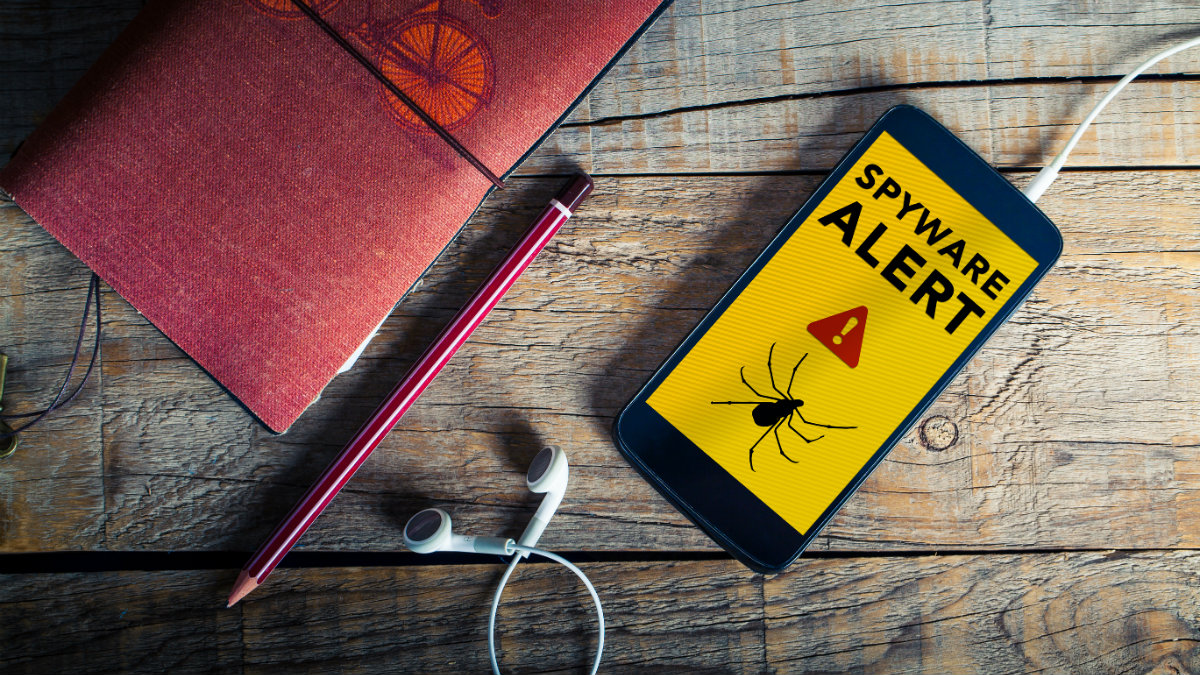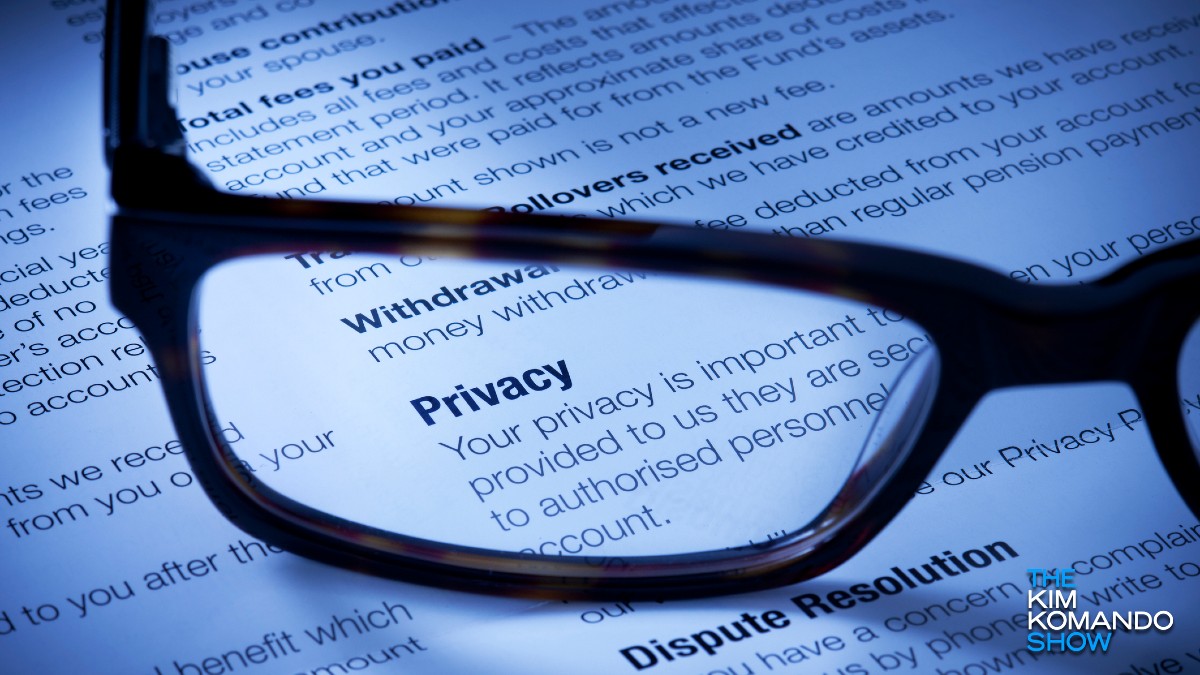You know your computer, smartphone and tablet are targets for hackers and viruses, but it’s time to add the rest of your smart gadgets to the list. Here’s how to keep everything from your TV to your appliances safe.
Spyware watches everything you do. Is your phone or computer infected?

Your everyday tech holds so much valuable information. Between your computer, smartphone and tablet, we’re talking precious photos, private files and enough personal data to make hackers come running.
And with more and more of our information stored digitally, we’re exposed like never before to cybercriminals who want to get their hands on it. One of the sneakiest ways they do it? Spyware.
Spyware is malicious software secretly installed on your device. We’ll tell you exactly how it works and what you need to do to protect yourself from it.
Get an extra 3 months free of ExpressVPN when you sign up at ExpressVPN.com/Kim
What is spyware?
Spyware refers to software that is secretly installed on your device with malicious intent. Criminals use it to steal personally identifiable information (PII), credit card details, browsing history, website login credentials and more.
It’s designed to be secret — you probably won’t even know it’s operating in the background as it has minimal impact on system resources. But, you’ll eventually figure it out once your bank accounts are drained or if your identity is stolen.
Spyware is believed to have originated in the mid-90s. But it was only in the early 2000s that it became synonymous with venomous software as it caught the attention of cybersecurity firms who recognized it as a real threat.
When talking about spyware, it’s important to understand that it could mean several different things. Here are a few examples:
Keyloggers
Keyloggers track your keyboard strokes to detect things like passwords, financial details or just to keep track of your internet usage. Employers can use them to keep an eye on employee habits while hackers use them for more nefarious purposes.
Adware
Top 10 privacy tips of 2019

Privacy is fundamental to a safe and worry-free life. Unfortunately, there’s little opportunity to live privately in today’s digital age. Companies are constantly after our personal data so they can build marketing profiles. Meanwhile, snoops and cybercriminals are looking for sinister ways to learn about you.
Malware is spreading — and your gadgets are at risk
5 essential steps to protect yourself from hackers and online criminals
Only you can safeguard your own device. You have plenty of tools at your disposal, but unless you use them, you will lose this battle. To help you protect yourself from viruses, phishing, malware, and ransomware, here are five tactics that will bolster your defenses and keep the invaders at bay.
Phone trackers, search deletion, checking strange links and more: Tech Q&A
Each week, I receive tons of questions from my listeners about tech concerns, new products, and all things digital. Sometimes, choosing the most interesting questions to highlight is the best part of my job.
This week, I received questions about hidden phone trackers, ending robocalls, checking strange links, and more.
Ransomware taking more hostages
The U.S. government’s Cybersecurity and Infrastructure Security Agency describes ransomware is a type of malware designed to deny access to a computer system or data until a ransom is paid. It typically spreads through phishing emails or by unknowingly visiting an infected website. Experts predict that ransomware attacks will cost businesses nearly $11 billion this year. Parham Eftekhari, executive director of the Institute for Critical Infrastructure Technology, says we can fight ransomware.
Personal data vulnerable in cheap phones
You get what you pay for. The moment you turn on that new cheap phone you bought, malware and spyware in pre-installed apps start grabbing your personal data.
Critical steps to secure online banking
As convenient as online banking is, it’s important not to get too comfortable. There is no security guard standing watch over your online transactions. Online banking could expose you to hackers and malware that are looking for windows of opportunity to seize your sensitive information. So you need to be your own security guard! Here’s how.